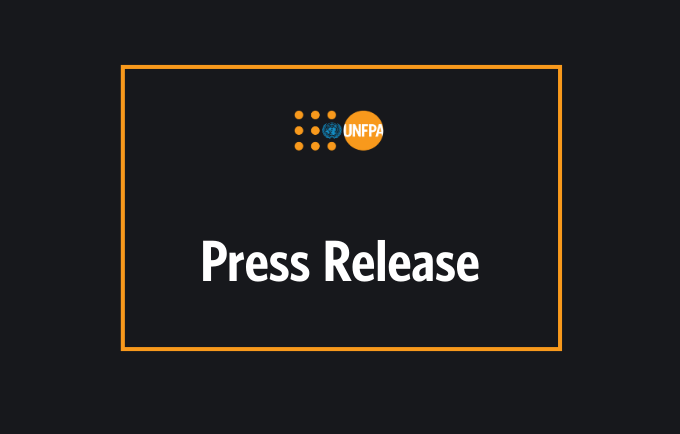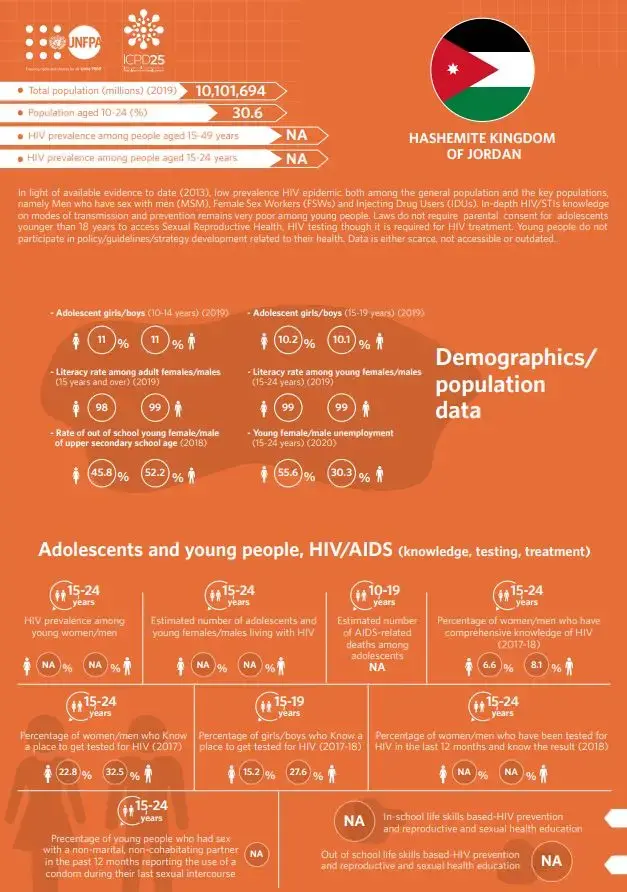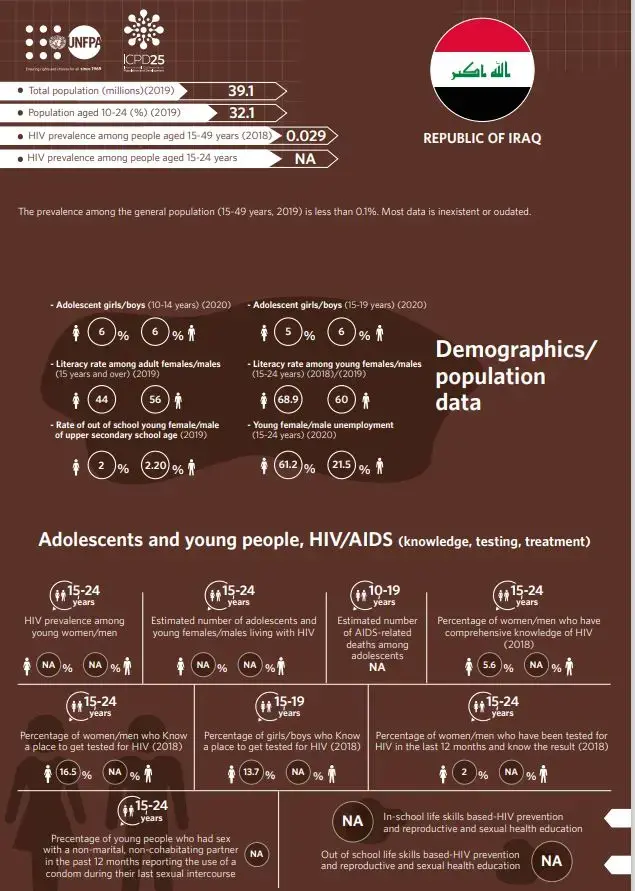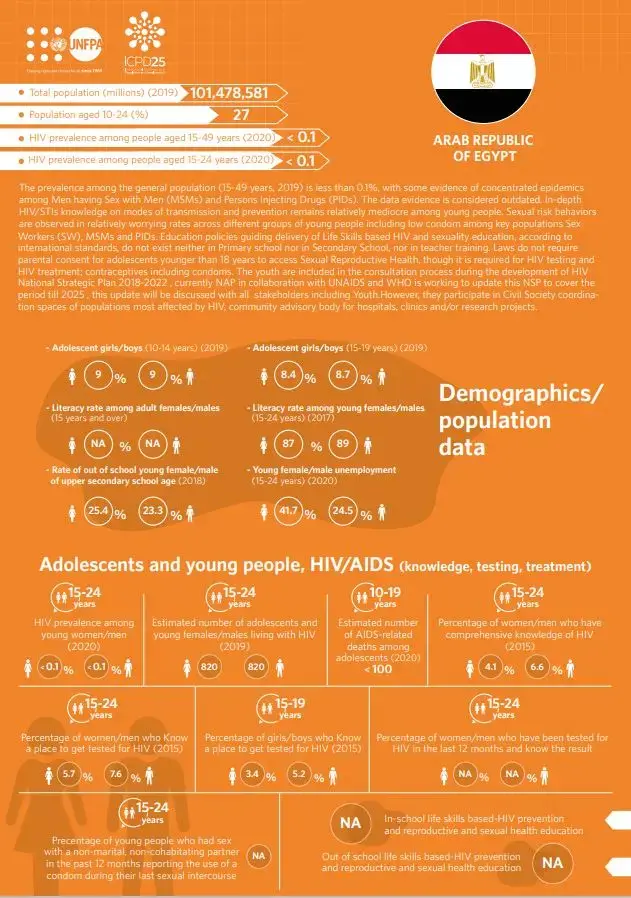UNFPA, the United Nations sexual and reproductive health agency, is appealing for a total of US$ 333.5 million to support its humanitarian programmes throughout the Arab States in 2021. The funds will be allocated to meet the urgent needs of more than 65 million people across 11 countries currently responding to far-reaching and protracted humanitarian crises.
In 2021, both the Syria and Yemen crises will mark their tenth years, while recent crises in Sudan, Ethiopia, and Lebanon will cause additional displacements and disruptions in community networks, placing the lives and dignity of millions of people at risk. The lingering aftermath of the humanitarian situations in Palestine, Iraq, Somalia, and Libya also continue to produce numerous and protracted challenges that require strategic responses.
Meanwhile, the COVID-19 pandemic has only further complicated these challenges, imposing restrictions on movement that not only impede access to lifesaving services but have also significantly increased the risks of violence against women and girls. The pandemic has also intensified the economic fallout of these crises, which in turn will further disrupt social safety nets and increase the likelihood of negative coping mechanisms such as sexual exploitation and child and forced marriages.
“The region is witnessing compounded humanitarian crises, the effects of which have become catastrophic,” explained Luay Shabaneh, UNFPA Regional Director for Arab States. “Some of these are protracted, as in Yemen, Syria, and Libya, while others have become forgotten, as in Somalia and the Palestinian territories. Meanwhile, the COVID-19 pandemic has pushed even more people behind safety lines to face gender-based violence and harmful practices against women and girls, who consistently bear the brunt of the challenges resulting from these crises.”
UNFPA works with partners throughout the Arab States region to ensure that women and girls have full access to safe sexual and reproductive health services, that they are protected against the escalating risks of gender-based violence, and that essential medical supplies and commodities are available to assist those in need. Despite the restrictions of COVID-19, as of October 2020, UNFPA reached more than 1.7 million people with gender-based violence services over the course of the year. Nearly 1.3 million women of reproductive age and 920,000 adolescents and young people were reached with sexual and reproductive health services, while more than 400,000 deliveries were made safe with UNFPA’s assistance.
Moreover, a recent impact assessment of UNFPA’s response to the Syria crisis across Syria, Jordan, Iraq, and Turkey showed that the vast majority of women and girls accessing UNFPA-supported health facilities and women and girls’ safe spaces regard them as the only available lifelines within their communities with a unique set of services that are not available elsewhere.
With an estimated 16.3 million women of reproductive age and more than 2.6 million pregnant women in need in 2021, UNFPA will continue to deliver its lifesaving services throughout the region and will further reinforce its programmes to target vulnerable segments such as people with disabilities and older people. UNFPA will also continue to tackle the growing threats of sexual exploitation and abuse of women and girls, as well as the escalating risks of intimate partner violence and child marriage in light of the COVID-19 pandemic.
END
For more information, please contact:
Samir Aldarabi, Regional Communications Advisor
UNFPA Arab States Regional Office
+20 106 8484879





